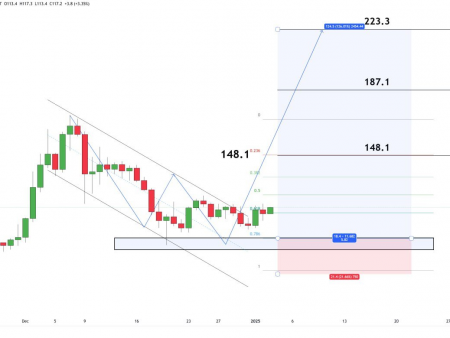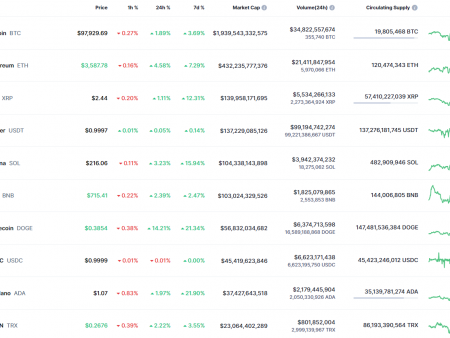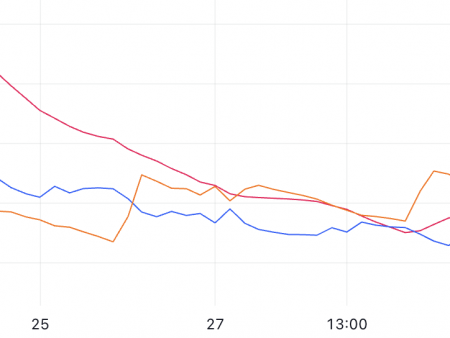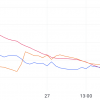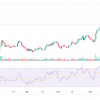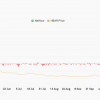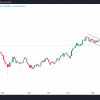
Binance faces a fundamental change as CEO Changpeng Zhao agrees to step down as the company prepares to pay $4.3 billion in fines.
Changpeng Zhao’s decision to resign as CEO of Binance and plead guilty to violating US anti-money laundering requirements has led to a complex interaction with US regulators, particularly in the context of a substantial settlement.
The unfolding situation involves complex negotiations and exchanges between Zhao, Binance, the US Department of Justice and the Commodity Futures Trading Commission (CFTC), according to sources close to the matter. The core of these discussions revolves around the details of the charges against Binance and its CEO, and the implications of the settlement for Binance’s future operations.
Under the agreement, Zhao will resign from his position and Binance, the company he founded in 2017, will plead guilty to charges of anti-money laundering and sanctions violations. Additionally, Binance agreed to pay fines totaling $4.3 billion, including settling civil charges brought by regulators. Zhao himself agreed to pay a $50 million criminal fine, with the possibility of a reduction based on his agreement to pay separate civil penalties.
The plan for Binance’s future following Zhao’s departure includes the appointment of Richard Teng as the new CEO. Teng, former global head of regional markets at Binance and with strong experience in financial services and regulatory affairs, is expected to lead the company through a more transparent and compliance phase. This includes improving Binance’s anti-money laundering measures and ensuring compliance with global sanctions.
If Binance fails to meet these regulatory expectations, the company risks harsher sanctions, including potential restrictions on its operations. The approved backup plan, should the company fail to meet the terms of the agreement, involves a more rigorous restructuring of Binance’s operational and compliance procedures.
